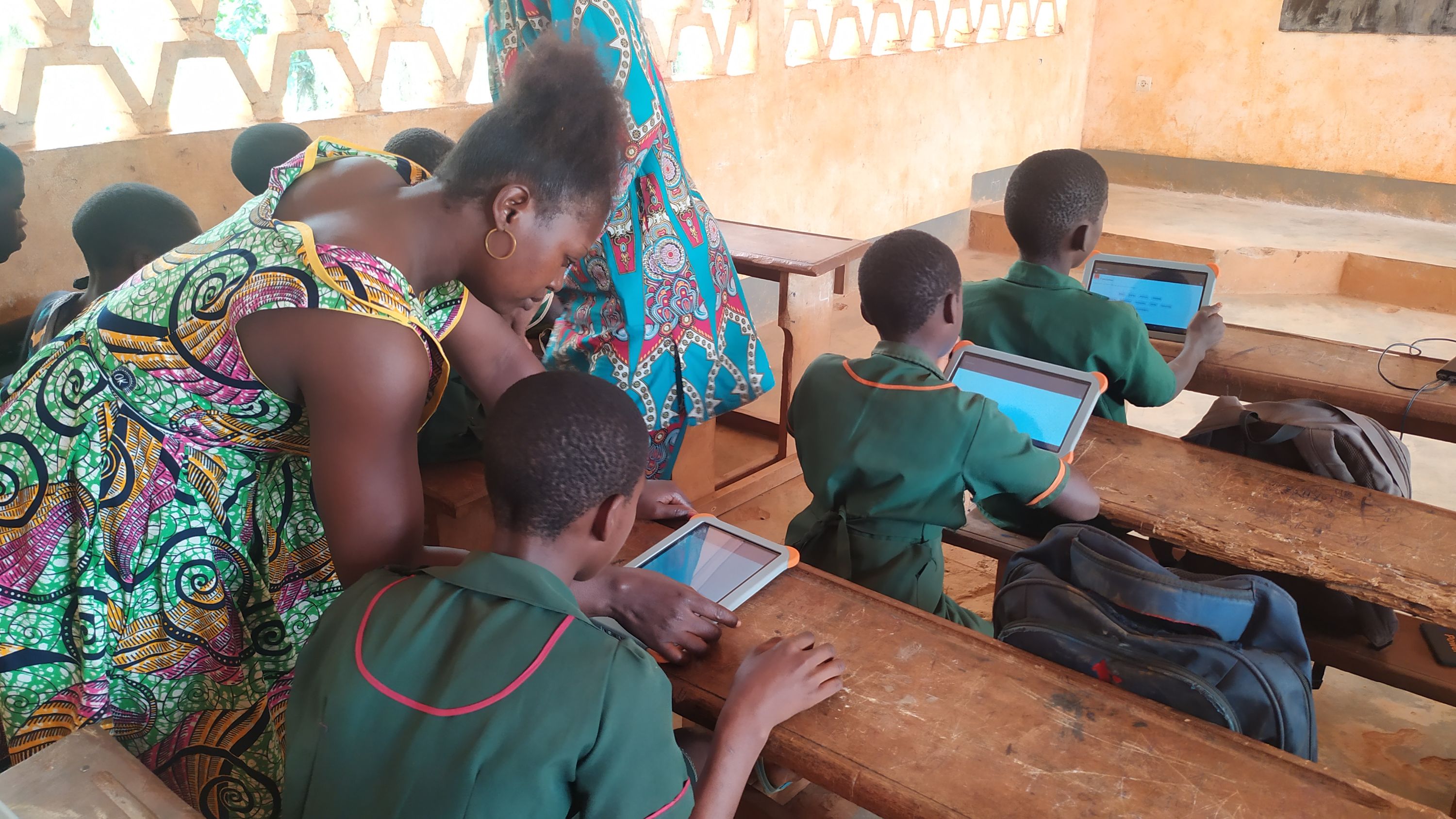- Home
- La Gregoriana
- 62 - Building the Future
- The future of democracy
Share:

The “Giuseppe Vedovato” permanent Seminar on Ethics
in International Relations of the Gregorian University
is now in its twentieth year. Its aim is the promotion of education
and research in the most challenging areas of the social sciences.
This means tackling the crisis of democracy and the attacks
it faces today, and rediscovering its value
for the benefit of all continents, from Europe to Africa.
This year marks the twentieth anniversary of the “Giuseppe Vedovato” Permanent Seminar on Ethics. Senator Vedovato found dedicated interlocutors in the then Rector, Franco Imoda S.J., and in Professor Giulio Cipollone, and became a friend and benefactor of the Gregoriana, to which he donated his private library and a collection of ethno-anthropological artefacts. The annual award named after him aims to encourage scientific research into ethics in international relations and its legal, economic, social, political and religious implications. His generosity has made it possible to hold the biennial conference of the Permanent Seminar on topical issues. The conference on “Democracy for the Common Good” was held on March 27, with a lectio magistralis by Msgr. Paul Richard Gallagher, Secretary for Relations with States and International Organisations of the Holy See. We discussed this theme with Vittorio V. Alberti, Professor at the Faculty of Social Sciences.
Why should a Pontifical University focus on ethics in international relations?
“For the past 30 years, international politics has been striving for a new equilibrium, including in the cultural domain. The new ‘world disorder’ is marked by the fall of the Berlin Wall, the technological revolution, international terrorism, the economic crisis followed by the crisis of financial capitalism, the pandemic and the invasion of Ukraine. How does a university like the Gregoriana fit into this picture? The ‘Giuseppe Vedovato’ Seminar, named after a figure inspired by a pro-European and democratic vision, could become a formidable point of reference, also in the public debate, to promote research on the future of democracy in a radically changing world.”
The crisis of democracy is widely recognised. Does Europe still have something to contribute?
“Despite its many dilemmas, Europe remains the place where justice and freedom can be reconciled. After centuries of wars, the founding fathers created the new EU based on social justice, economic freedom and the strength of the middle class: without a strong and informed middle class, there can be no democracy. But today we see a new divide between the rich and the poor, the corruption of languages, of education and cultural products, along with increased authoritarian trends. We need to create a new political philosophy based on a humanism worthy of our future. The Gregorian University, with its international teaching staff of the highest academic and cultural standing, can play a leading role.”
What should be the starting point for a new political philosophy?
“It should be based on the noblest aspects of European humanism, starting with education, which is necessary to create an individual’s armour of justice: without it, people will always be slaves to any kind of power, including religious power. We must start anew from man’s first gift - as we see in Dante -, which is freedom. What is needed is a new notion of secularism that overcomes integrisms, a new concept of nature, the rediscovery of ancient Greece and of figures such as Francis of Assisi, who was an ‘environmentalist’; a new aesthetics, and so forth.”

The Faculty of Social Sciences has a large number of students from Africa. What is your relationship with the world’s youngest continent?
“The Gregoriana is a privileged institution because of the high percentage of students from Africa and because of the long-standing relationships it has established there. Today, forming Africa’s ruling class means creating a connection between educational institutions based here and those in Africa, and between African countries, where education is a growth indicator to be monitored alongside the demographic factor. It means helping each other (us and them) by means of concrete programmes aimed, above all, at fighting, through culture, the many forms of corruption that pollute reality, both here and there. Is this cultural policy? Most definitely. It is not ‘cultural colonialism.’”
Why is it that even the social magisterium no longer fulfils the hopes it used to?
“Why didn’t Laudato Si’ or Caritas in Veritate spawn the same movement that emerged in earlier times from Rerum Novarum? We are facing a cultural crisis: today people seem to think that the world cannot be different from the way it was, that is, they don’t believe in the future. The Church must also be careful not to be content with slogans and watchwords, that perhaps might be quotes by Pope Francis, but which are implemented in the opposite way. For example, ‘integral ecology’, ‘integral development’, ‘outgoing church’, ‘discernment’, have all become catchphrases that need to be accompanied by concrete action. I am thinking of a great figure from the past, Enrico Mattei, founder of ENI, who contributed to the democracy and the development of this country: he went to Africa where he established relationships of partnership, almost on an equal footing, and built on those lofty foundations.”

